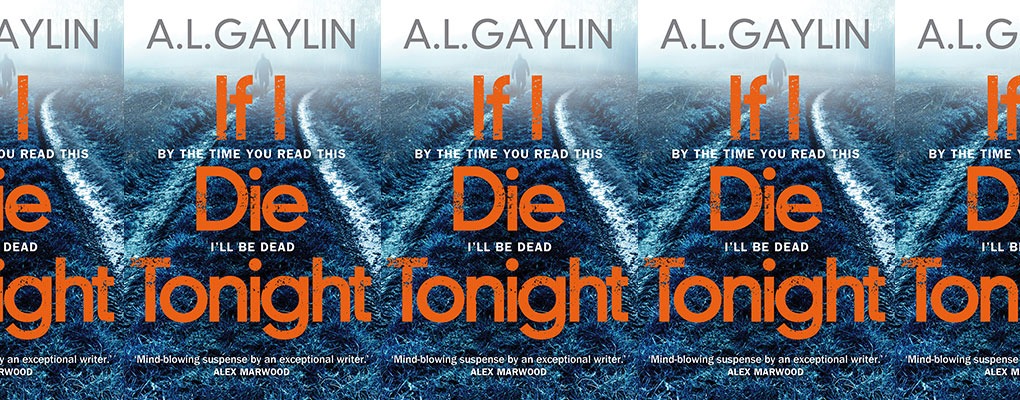Books
Dear Reader: a letter from A L Gaylin
Dear Reader,
I spent my formative years in or near cities, having grown up in the greater Los Angeles area, attended college in the Chicago suburbs and later moved to New York City for graduate school. But when I settled down and had a child of my own, it was in a small town in the Hudson Valley — an entirely different experience, and one that ultimately inspired me to write my latest book, If I Die Tonight.
A few years ago, when my daughter was around 13, there was a deadly hit-and-run that sent shockwaves through our little, upstate New York community. Both the victim and the assailant were high school boys from a nearby town and, as is the case in most rural areas, news of the hit-and-run spread fast and got distorted even faster, particularly among the kids. The story told by my daughter’s friends caught fire on social media: the assailant, they all claimed, had stolen a woman’s purse, and the heroic victim died trying to open the door of his speeding car to get it back.
Although the real facts behind the hit-and-run turned out to be very far from that narrative (there was no woman with a purse, for one thing) it took hold quickly and became something of an instant legend — the only story anyone was telling for weeks, with a built-in hero and villain, subject to endless retellings and speculation and more and more embellishment. The assailant had always hated the victim, some said. It was a purposeful hit orchestrated by a gang, said others, the woman with the purse used as a pawn. Still others claimed the driver was a drug addict, so high at the time that he had no recollection of the incident. It was the small town version of “fake news,” the details repeated and subverted again and again until the actual truth mattered less than the drama of it all, the shock-value.
In a small town, sameness and safety stokes bored young imaginations. Gossip spreads quickly and, recorded forever on social media, the harm it causes can be indelible.
My thoughts went to the family of the teenage suspect — thoughts that haunt me to this day. While my family did not know this, the driver had a younger brother around my daughter’s age and a mother who I couldn’t stop thinking about. What would it feel like, I wondered, for the child you gave birth to, whom you fed and read to and carefully taught to look both ways before crossing the street? Whom you sat next to, white-knuckled, as he turned that ignition key for the first time…. What would it be like for that child to become a local bogeyman – a heartless murderer according to numerous sources? Would you stick by his side without question… or would you start to wonder if the social media folklore and small town gossip didn’t have in it at least some element of truth?
I’ve always enjoyed writing about the things that scare me. And I’m not being facetious when I say that raising a teenager can be absolutely terrifying. The older they get, the more independent, the more secretive, the less certain you are of your ability to read their thoughts. It’s natural and normal, yet it’s so difficult, to know your child less and less with each passing day. If you don’t know your child, how can you possibly help him?
In writing If I Die Tonight, I used the hit-and-run story as a springboard, creating a version of those events in the fictional Hudson Valley town of Havenkill, all to write about what for many of us is a very real fear: not knowing your own children. While everybody in the book is keeping dark secrets, it’s the 17-year-old carjacking/hit-and-run suspect Wade Reed who is the biggest enigma. And though the book is told through four separate points of view, it was the point of view of Wade’s mother, Jackie, that was most difficult — and scary — to write.
Although my daughter is for the most part, a happy, well-adjusted teen — a far cry from remote, misanthropic Wade — there’s still a lot of fear in the prospect of her growing up and apart from my husband and me. As good and responsible a person as I know her to be, I don’t understand her as fully as I did when she was little. I am frightened to think that she is changing, every day, in ways I cannot see… and to know, for a fact, that there’s a lot she doesn’t tell me.
A L Gaylin



Please note: Moderation is enabled and may delay your comment being posted. There is no need to resubmit your comment. By posting a comment you are agreeing to the website Terms of Use.